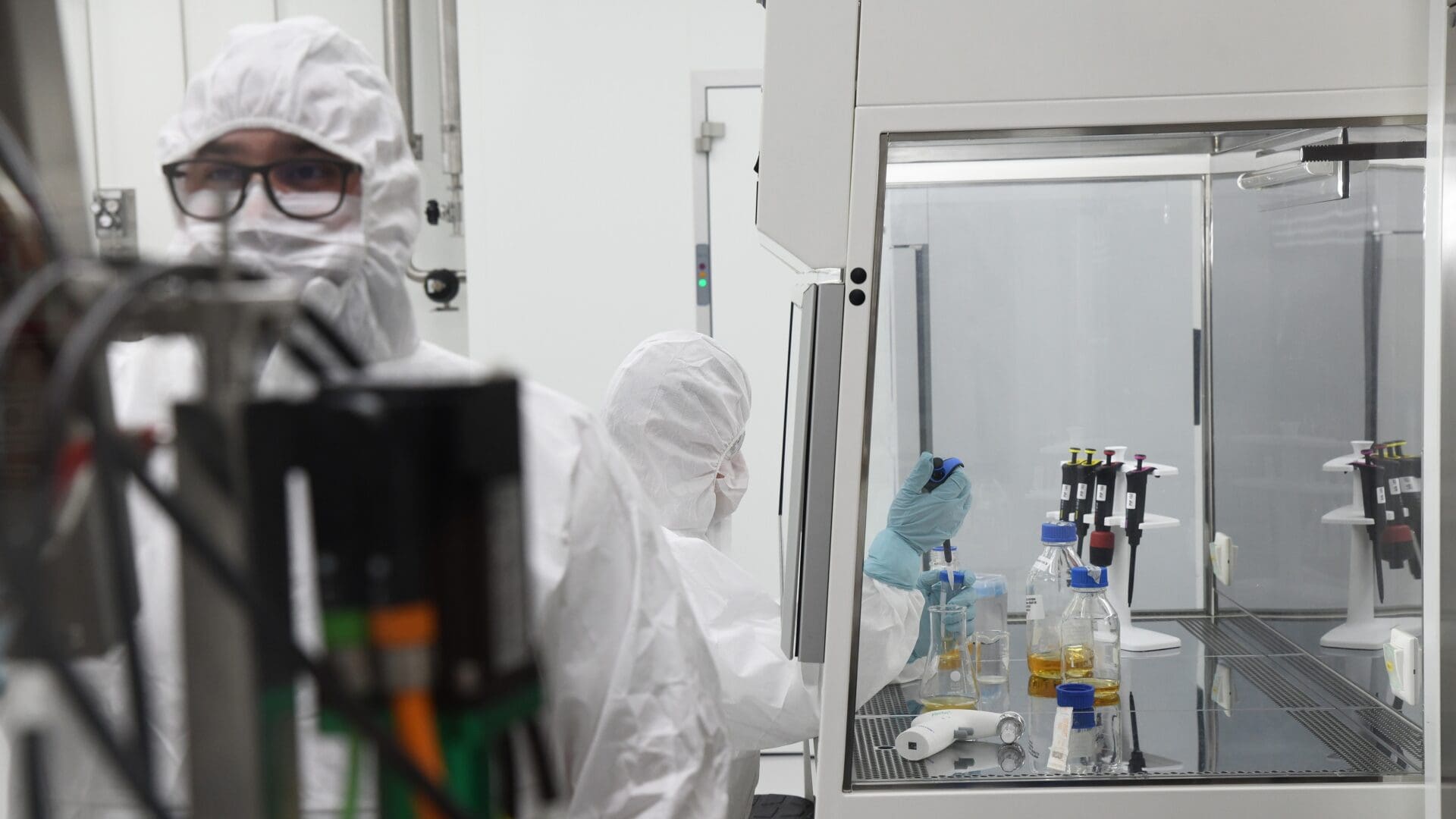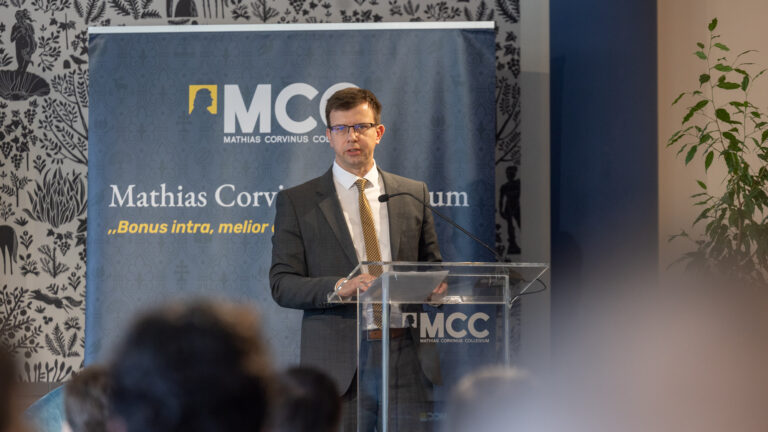A four-year international research project with the participation of Hungarian immunologists has led to significant progress in diagnosing and treating serious diseases. The findings may pave the way for new therapeutic approaches to conditions such as chronic kidney and eye diseases and COVID-19, according to a statement from Eötvös Loránd University (ELTE).
The research focused on understanding a key element of the immune system known as the complement system, which plays a crucial role in fighting infections and maintaining immune balance. Malfunctions in this system are linked to autoimmune diseases, inflammatory disorders, and organ damage. By exploring its mechanisms, scientists hope to develop better diagnostic tools and targeted therapies.
The project, called SciFiMed (Screening of inFlammation to enable personalized Medicine), was coordinated by Philipps-Universität Marburg and supported by the European Commission’s Horizon 2020 programme with 3.5 million euros in funding. Researchers from Germany, the Netherlands, and Spain also participated alongside Hungarian scientists.
The consortium’s main goal was to create a biosensor that makes the diagnosis and treatment of inflammatory diseases faster and more precise. Over four years, the researchers developed several antibody-based detection assays (ELISA tests), enabling the measurement of specific proteins in blood samples. These tools can assist in identifying conditions such as kidney and eye diseases, COVID-19, and delirium.
They also created a multiplex test capable of analysing several parameters at once, which could serve as a bedside rapid test for protein detection in clinical settings. Another major achievement was the development of an innovative liposome-based assay designed to measure complement system activity, offering a key diagnostic tool for immune-related disorders.
Beyond practical results, the project generated new molecular insights into the interactions of certain protein families that could become future therapeutic targets. According to the researchers, this collaboration demonstrates how genetics, immunology, chemistry, nephrology, and ophthalmology can combine to achieve breakthroughs with real societal impact.
‘The liposome-based complement test…could soon replace animal-cell methods, providing a faster and more ethical diagnostic solution’
The ELTE Faculty of Science’s Department of Immunology, led by Professor Mihály Józsi, played a central role in producing artificial versions of the proteins under study for the consortium’s diagnostic systems. The Hungarian team also helped identify the proteins’ interaction partners, examined their functions, and tested prototype diagnostic kits.
Looking ahead, the researchers aim to create a multifunctional biosensor capable of analysing the quantity and function of seven immune proteins directly at the patient’s bedside. While this remains a future goal, the SciFiMed project has already established its foundation by delivering improved assays, innovative detection techniques, and a deeper understanding of immune processes.
Among its most promising results is the liposome-based complement test, which could soon replace animal-cell methods by reproducing the body’s natural immune response in vitro, providing a faster and more ethical diagnostic solution.
Related articles:







